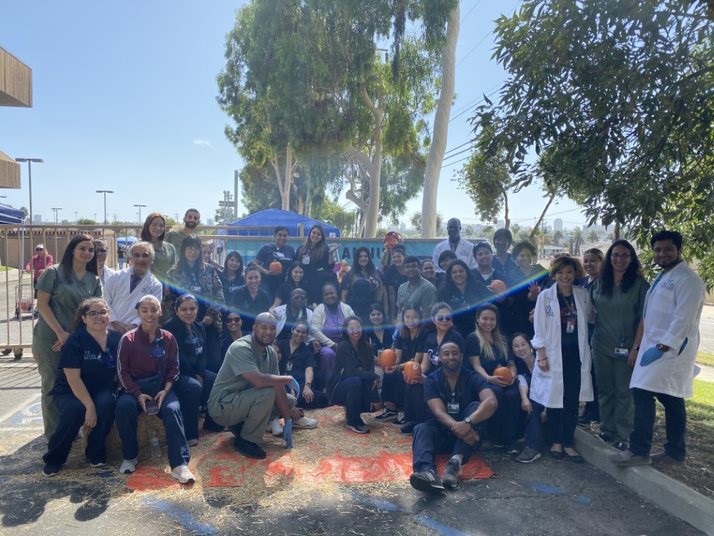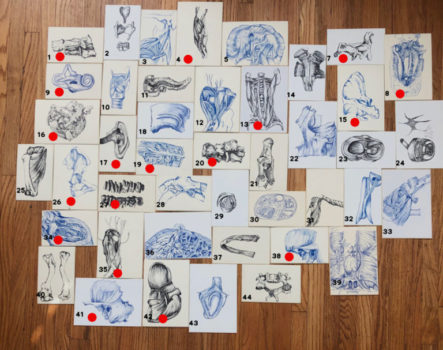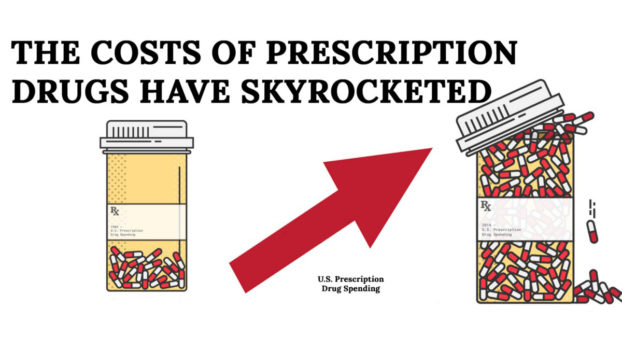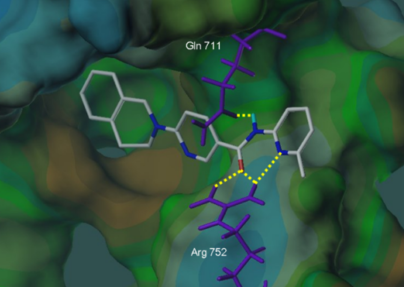Supporting Patients Living with Alzheimer’s Disease
By Jasen Chau, PharmD, APh.
Living with Alzheimer’s disease is a continuing daily struggle that includes both good and bad days. People who once found joy in their lives are now confronted with difficulties such as forgetfulness, memory loss, or impaired cognition. The inability to care for oneself might have an impact on a patient’s health. Caregivers have the responsibility to continuously show their loved ones affection and care. Not only is social isolation concerning, but the stigma of having such an illness may have a significant impact on people’s health. People can keep their independence with changes in the early stages of the condition, which is a significant event that alters one’s life.
At first, there should be no assumptions regarding significant function, behavior, or cognition changes. Having a daily routine can assist a person to stay focused and attentive. People can be quite independent at most of the initial, non-severe stages. Alzheimer’s patients will experience the disease in various ways. Even though a person’s needs are different from those of another person with dementia, we should accept and acknowledge how each person feels. It can be difficult to recognize this shift in routine at times but learning to adjust can be the key to giving personalized care. Engaging with everyone normally can be of great value even if it takes them longer to react or they repeat themselves; they still need and want to connect and feel included. Assisting everyone with patience in speech, movement, and recall can be comforting.
Everyone has good and bad days, but for those living with dementia, having an “off” day means having difficulty with daily tasks. People can always validate a person’s efforts to succeed and recognize that some chores or conversations may need to be continued later. Daily experiences are to be made as valuable as possible. Those days that are less valuable should be considered as adequate and not to be ashamed of. Denial and fear of Alzheimer’s disease are frequently harmful. Therefore, understanding the development of the disease and the decline in mental capacities may lead to greater acceptance. We must all contribute to coping skills and show understanding since ignorance about the condition may result in uncomfortable conversations and decisions













